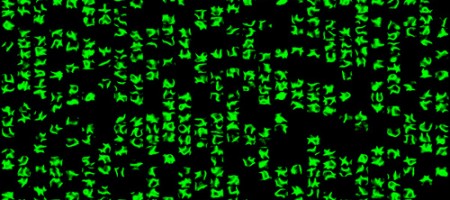Whilst this screwing around with the text has something in common with the rhetorical “play” emphasised in some theoretical trends of the last few decades, today it is most often linked to the “performative” aspect of reading. But I want to focus here on another type of similarity between computational analysis and play, a similarity to video games, which would seem à propos, given their common use of digital technologies. A video game is an immersive, interactive environment, often a model or simulated version of the real world, but with some elements abstracted. The player enters the world of the game (what Huizinga called the “magic circle”) and manipulates elements of its world. There is now a well-established literature about the similarities and differences between video games and literature, much of it dealing with the native interactivity of video games. But it tends to be more concerned with the general experience of games and literature in the digital and non-digital media than with acts of scholarship as “play”. To understand what this entails, it seems to me useful to side-step to the adjacent field of gamification. Gamification refers to the incorporation of game-like elements into activities not otherwise considered to be games. The concept has a rapidly-growing following in the business world, where gamification is a strategy for increasing productivity, user satisfaction, and other measures of business success. The basic idea is that human activity is enhanced through fun. If our screwing around digitally with texts is like manipulating the elements of a video game for “fun”, then we have essentially gamified the scholarly process.
Editors’ Choice: Digital Humanities as Gamified Scholarship

